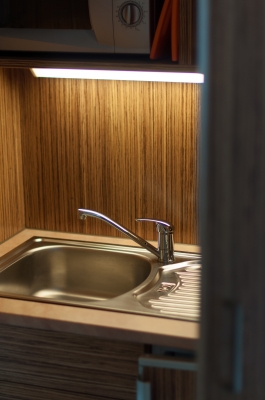The phenomenon of sundowning, also called “late day confusion”, affects people with Alzheimer’s and dementia. Sundowning is when symptoms worsen in the late afternoon and evening—once the sun goes down—and often affects people who have mid-stage and advanced dementia. Knowing how to reduce sundowning behavior can benefit both the patient and caregiver.
Stick to a schedule: Sticking to the same routine can prevent sundowning, as well as confusion and anger often felt by dementia patients in new routines. If the way of doing things works for the family, try to stick to that schedule and routine. Stress and fear play a large role in sundowning.
Light up at night: Keeping your home lit during the evening can prevent sundowning from happening. “Sundowning is thought to be related to changes in the body’s circadian rhythms, or the sleep-wake cycle.”
Stay active: People who suffer from sundowning have trouble sleeping at night, so daytime napping, confusion, and agitation can make it hard to settle in at night. Stay active during the day to prevent fatigue, which is a common trigger from sundowning.
Adjust eating patterns: Adjusting eating patterns and meal times can prevent sundowning. Stick to eating large meals during lunch time and limit the number of snacks before bed.
Provide comfort and familiarity: Patients with sundowning often need familiarity and comfort to get them through everyday life. Bring cherished items to them to help decrease the chance of symptoms occurring.
Write it down: Keeping a journal will make it easier to identify triggers of sundowning. Once the triggers are identified it will be easier to avoid them.
Resource: http://www.healthline.com/health-slideshow/dementia-sundowning#9




